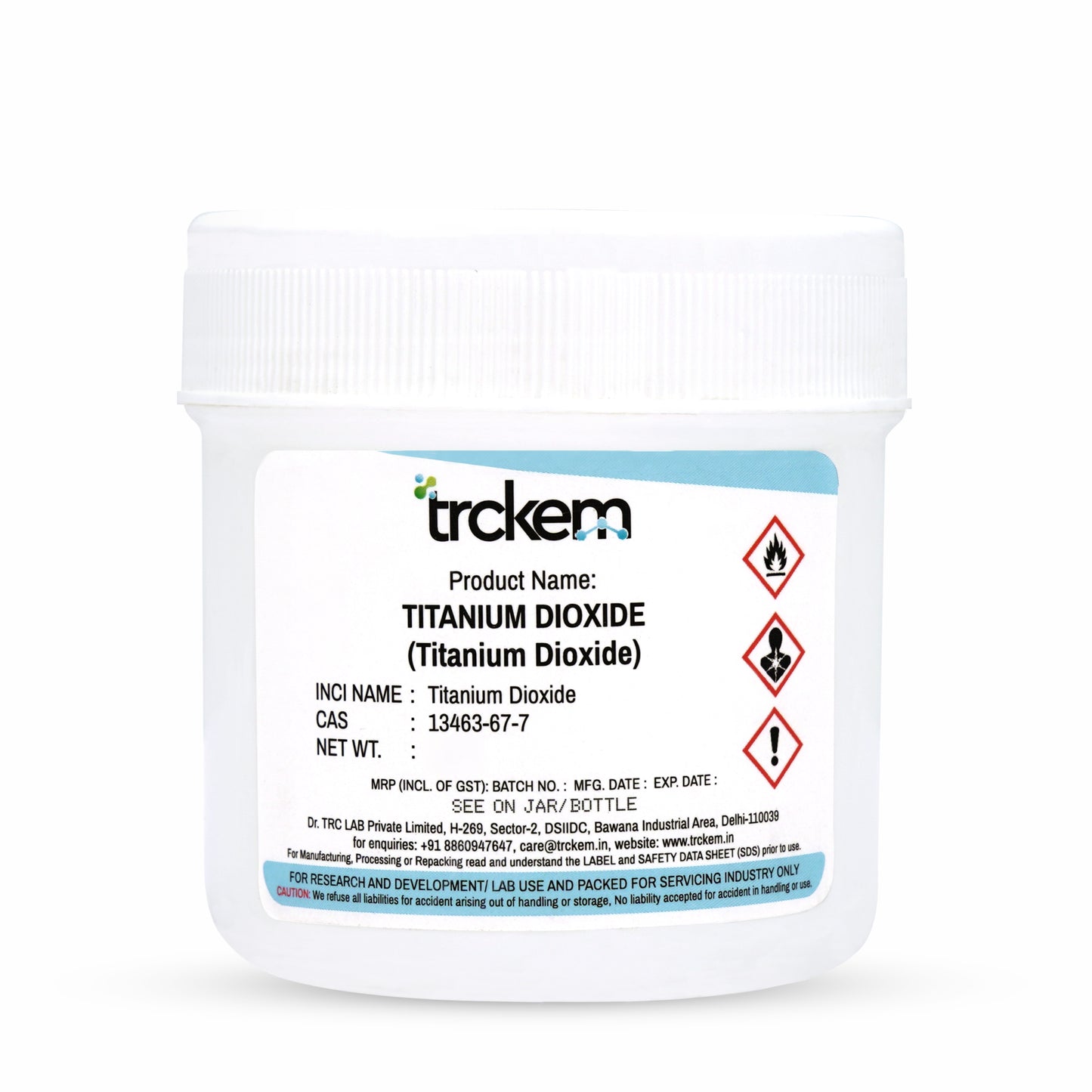
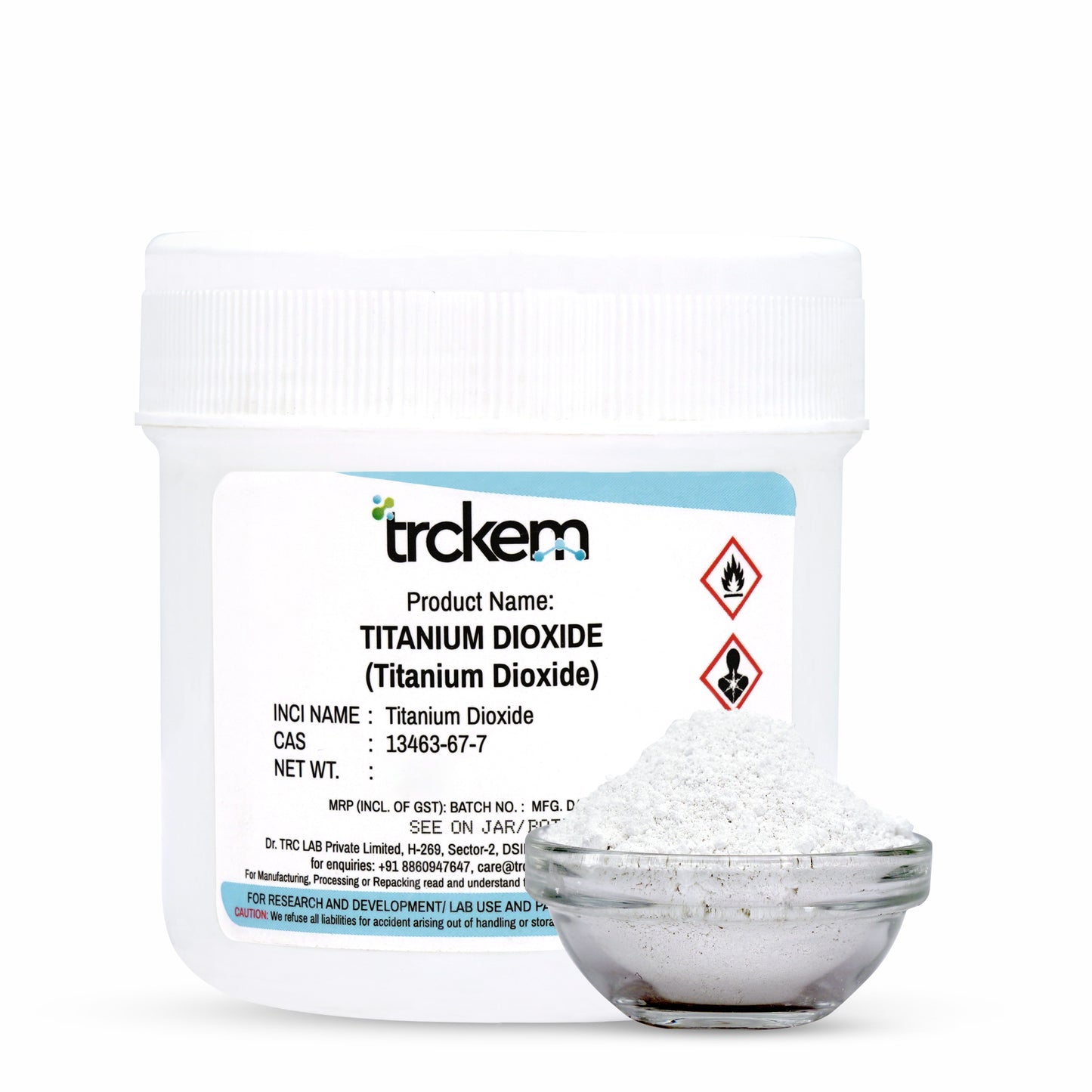
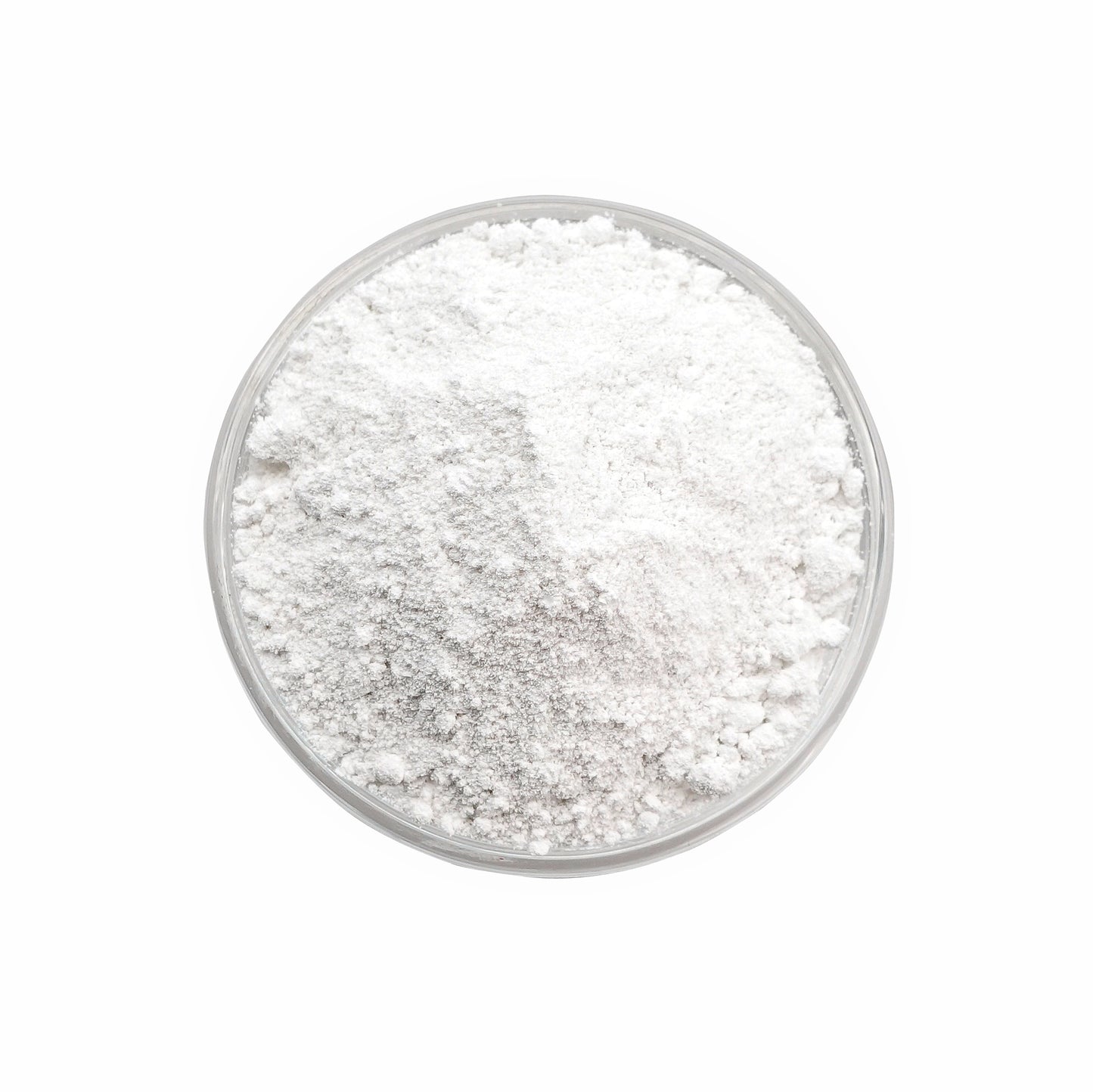
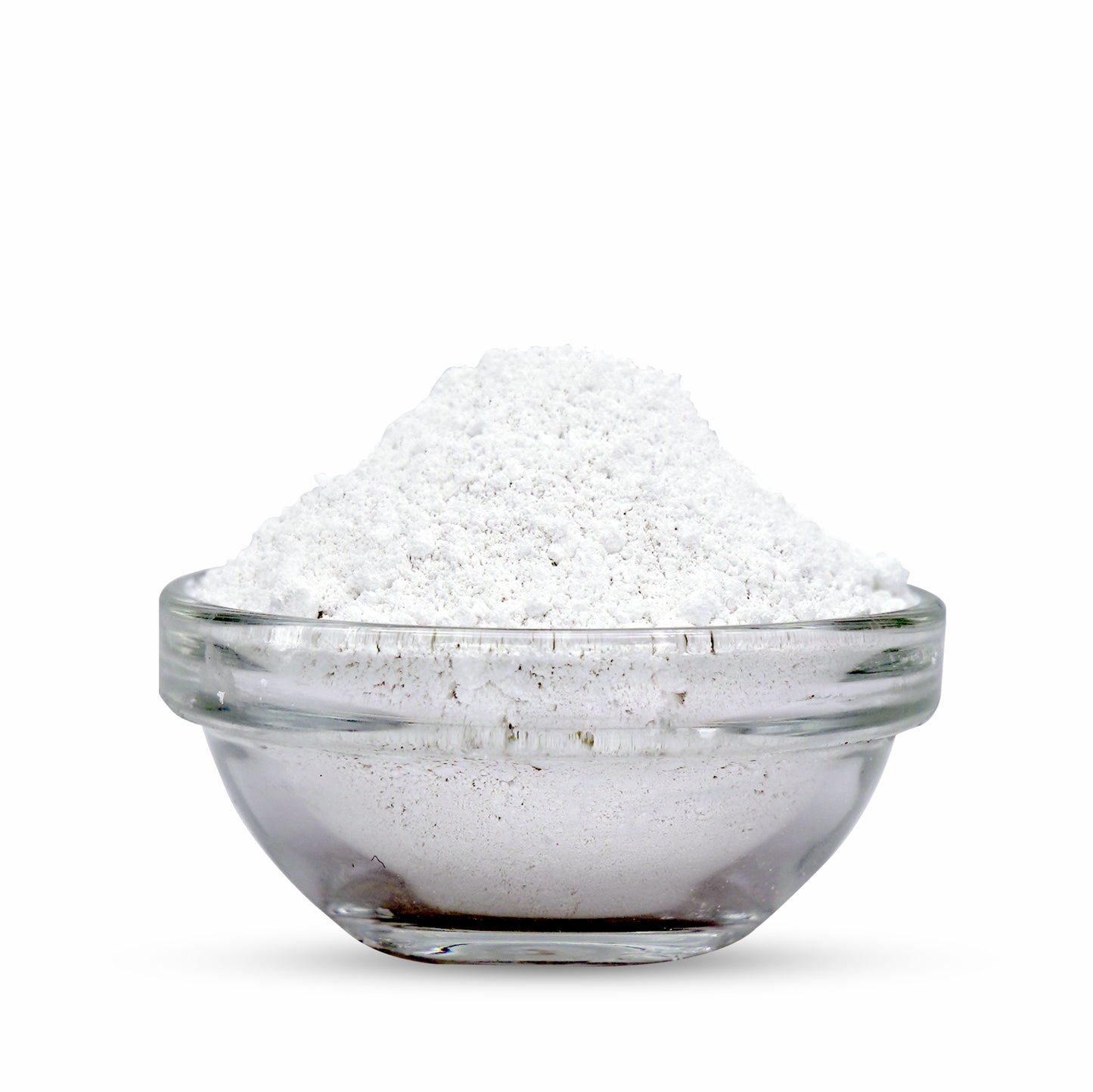
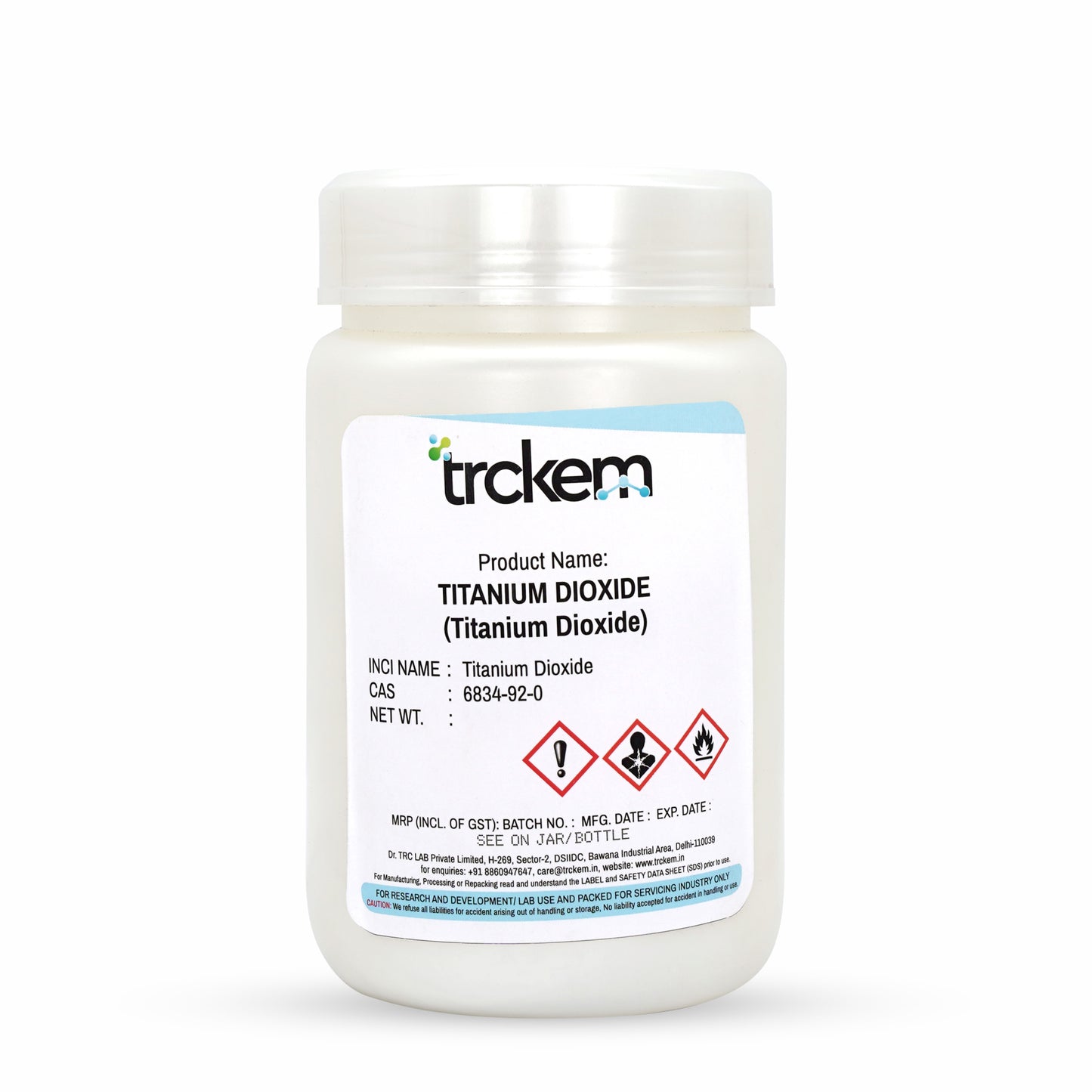
FAQ (Frequently Asked Questions)
1. What is Titanium Dioxide?
Titanium Dioxide (TiO₂) is a naturally occurring mineral that appears as a fine white powder. It is widely used in various industries, including personal care, due to its excellent opacity, brightness, and resistance to ultraviolet (UV) light.
2. What is the INCI name of Titanium Dioxide?
The International Nomenclature of Cosmetic Ingredients (INCI) name for Titanium Dioxide is "Titanium Dioxide."
3. What is the CAS number of Titanium Dioxide?
The Chemical Abstracts Service (CAS) number for Titanium Dioxide is 13463-67-7.
4. In which personal care products is Titanium Dioxide commonly used?
Titanium Dioxide is commonly used in:
Sunscreens: Acts as a physical UV filter, reflecting and scattering UV radiation to protect the skin.
SAFE COSMETICS
Cosmetic Powders: Provides opacity and brightness in products like pressed powders and loose powders.
SPECIALCHEM COSMETICS
Toothpastes: Used as a whitening agent to enhance the appearance of teeth.
Soaps: Serves as a whitening agent to improve the visual appeal of the product.
5. Is Titanium Dioxide safe for use in personal care products?
Titanium Dioxide is generally considered safe for use in personal care products. The U.S. Food and Drug Administration (FDA) has assessed its safety as a color additive in food, drugs, and cosmetics, including those intended for use around the eye.
CHEMICAL SAFETY FACTS. However, when Titanium Dioxide is inhaled—as it may be when in powder form—it is considered a possible carcinogen by the International Agency for Research on Cancer.
SAFE COSMETICS
6. Are there any known side effects or concerns associated with Titanium Dioxide?
While Titanium Dioxide is safe for dermal application, inhalation of its powder form can pose health risks. Therefore, products containing Titanium Dioxide should be formulated to minimize inhalation exposure.
SAFE COSMETICS
7. How does Titanium Dioxide compare to other UV filters in sunscreens?
Titanium Dioxide is a physical (mineral) UV filter that works by reflecting and scattering UV radiation. This makes it suitable for sensitive skin and provides immediate protection upon application. In contrast, chemical (organic) UV filters absorb UV radiation and may require time to become effective.
8. Can Titanium Dioxide be used in formulations for sensitive skin?
Yes, Titanium Dioxide is gentle on sensitive skin and is often used in formulations designed for such skin types. Its physical UV filtering properties make it suitable for individuals prone to redness or irritation.
9. Is Titanium Dioxide biodegradable?
Yes, Titanium Dioxide is considered biodegradable. However, its environmental impact depends on the concentration and the presence of other ingredients in the formulation. Proper disposal and formulation practices are essential to minimize environmental effects.






